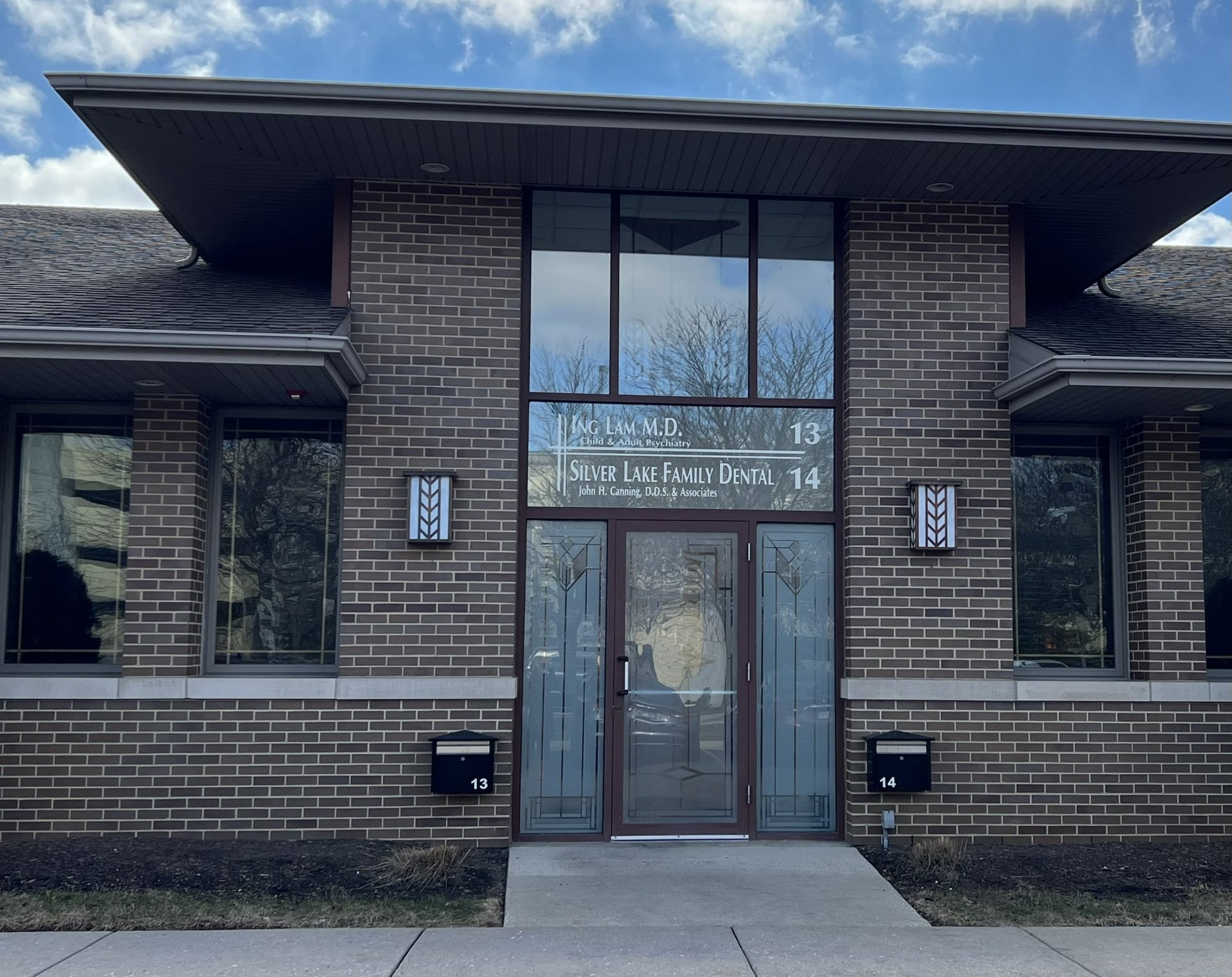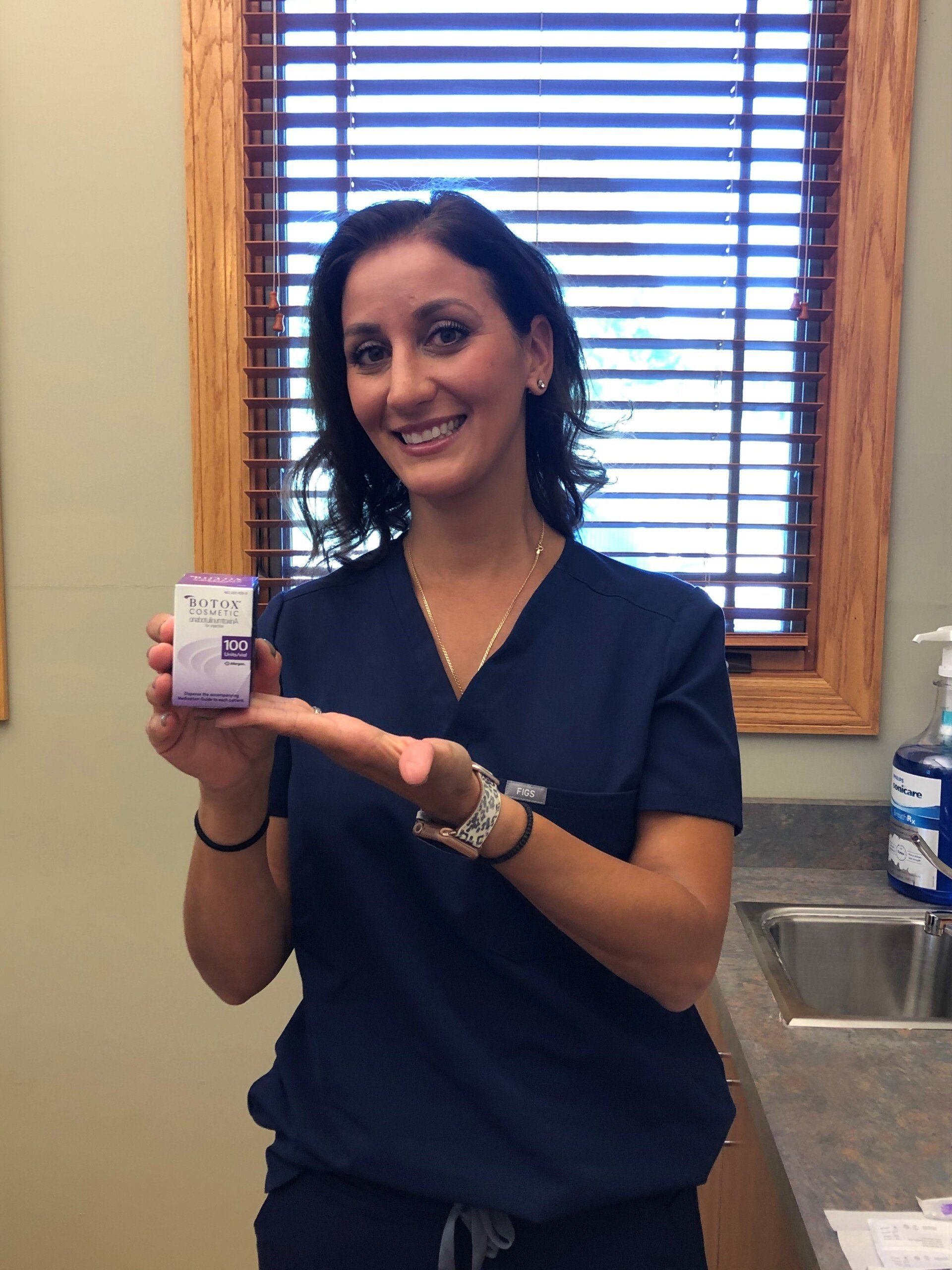4 Dental Treatments to Help Teeth Sensitive to Cold

When you eat or drink cold items, the last thing you want to experience is a shock through your teeth, gums, and jaw. When you become sensitive to cold foods, the way you eat and plan meals may dramatically change.
Thankfully, sensitivity to the cold does not have to be a permanent problem. Dentists have multiple procedures to help reduce the sensitivity and allow you to enjoy cold items again.
1. Dental Sealant & Fluoride Treatments
Your teeth may feel sensitive to cold temperatures due to enamel wear. Acids and sugars break down the enamel in your mouth over time and result in the sensitivity to cold. A dentist provides multiple ways to help prevent enamel wear and protect your teeth.
A dentist may perform fluoride treatment while at the office. Fluoride is an essential element to protect and strengthen the enamel in your mouth. Along with fluoride toothpaste at home, an in-office treatment will add extra protection to your teeth.
A dentist may also apply a sealant to your back molars. The sealant goes over the top of the teeth and helps prevent sensitivity as you bite or chew cold foods. The procedure is typically painless as the sealant is literally painted on the top of a tooth.
2. Gum Treatments
Your gums may factor into cold food sensitivity. If you have brushed away your gums, the exposed nerves and tooth may be more sensitive to the area. Gum disease and built-up plaque could also cause gum issues. Gum health is just as important as tooth health when you take care of your mouth.
A hygienist or dentist will perform a deep cleaning of your mouth. The deep cleaning eliminates harmful bacteria and build-up found directly in the gums. Reversing any signs of gum disease like gingivitis will be the first step to reducing the sensitivity to cold food.
After a deep clean, follow up with self-care that includes healthy brushing habits and flossing. Over time, you will notice the sensitivity disappear as the gums return to a healthy state. Every mouth is different. The process could take weeks or months depending on the severity of the problem.
3. Tooth Protection
If you grind your teeth, you could wear down the tooth and expose nerve endings. When you expose the nerves, the teeth become extremely sensitive to cold items and may send jolts through your whole mouth.
Along with treatments to help repair worn teeth, a dentist will help you prevent future issues. A custom mouth guard will protect your teeth while you sleep. You will prevent the exposure of nerves and enjoy more cold foods without any problems. The mouth guard also helps prevent jaw pains or heads associated with tooth grinding.
4. Cracked Tooth Treatment
If your sensitivity to cold food has appeared suddenly, you may have a cracked tooth. The cracked tooth exposes a lot of nerves within the teeth and the cold temperatures will be almost unbearable as you eat or drink.
A dentist has multiple treatment options for a cracked tooth, but the treatment depends on the location of the crack. A small crack that has not reached the root of the tooth is typically treated through a root canal. If the crack goes deep, you may need the tooth extracted and replaced with a dental implant.
A dentist performs x-rays to determine the location and cause of the crack. Once fully treated and healed, the sensitivity to cold should dissipate.
Consult with our dentists at Silver Lake Family Dental to set up an appointment and evaluation for your sensitive teeth. In the long run, our professionals will strive to provide you with treatment that changes the way you enjoy foods for the better.















